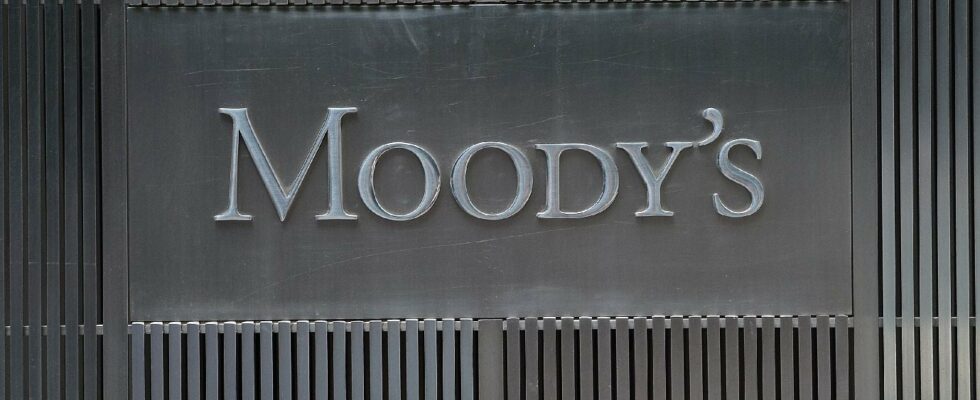Having come out on top in the legislative elections with 182 seats, the New Popular Front and its various components are currently discussing how they will have to act to repeal the pension reform. A flagship measure in their programme, it is worrying the rating agencies, these financial analysts and the risk of non-repayment of each State’s debt.
The day after the second round, Standard & Poor’s had set the tone, explaining that France’s debt rating would be “under pressure” if there was no reduction in the public deficit. In May, the American agency had already downgraded France’s rating, expecting the debt-to-GDP ratio to worsen (to 112% in 2027, compared to 109% in 2023). S&P was concerned about the worsening of France’s public deficit (see our infographic below), much higher in 2023 (-5.5% of GDP) than initially announced. France then went from the “AA” rating to “AA-“, the fourth rating step.
This Tuesday, July 9, it was a second rating agency, Moody’s, which also expressed its concerns. In a commentary consulted by AFP on July 9, it stated that the potential repeal of the pension reform, combined with a decline in the government’s desire to make savings, would have a negative impact on the French rating. The American agency currently assigns a rating of Aa2 to France and describes the dynamic as “stable”. Today, it fears that it will become “negative”.
The public deficit is increasing
In addition to the loss of confidence in France’s ability to repay its debt, Moody’s is also concerned about the increase in the cost of interest paid on the debt. While they did not change much following the second round of the legislative elections, the ten-year interest rate had increased significantly the day after the first. As a reminder, the French public debt in the sense of Maastricht amounted to 3,159.7 billion euros as of June 28, or 110.7% of the gross domestic product (GDP), according to INSEE.
The uncertainty surrounding the future government makes it difficult to make any projections. Nevertheless, two of the three economic programs of the main blocs in the chamber – the New Popular Front on the one hand and the National Rally on the other – do not seem, according to their opponents, to make the cleaning up of public finances their watchword.
Europe is also worried
Our neighbours are watching France’s economic future very closely. Monika Schnitzer gave an exclusive interview to L’Express in which she deciphers the uncertainties on the budgetary aspect. For the German economist: “France is much more solid than Greece […] but instability will arise if distance is taken from Europe.”
Monika Schnitzer points out, like Moody’s, the same problem, namely the increase in interest rates, a consequence of a potential distancing of the future French government from Europe: “If long-term interest rates increase, refinancing the debt will be more complicated, and market pressures will increase.” The French budgetary future is suspended on the formation of the new government.
